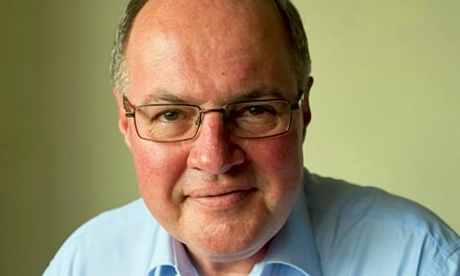The German bishops are engaged in a dispute with the Vatican’s Congregation for the Doctrine of the Faith over allowing divorced and remarried Catholics to receive the Eucharist.
The congregation’s prefect is repeating the well-trodden path of common Catholic practice – the only place for a married Catholic is in a sacramental marriage and the only way out of it is through Church courts and a decree of annulment.
In my experience as a priest, there is no more decisive and divisive moment in a Catholic’s relationship with the Church than the occasion of a divorce. It can be the end or the deepening of the life of faith lived in the Church.
No healthy person goes into a marriage planning to have it fail. Such failure is painful and disappointing for all concerned. Pope Francis knows this from his own experience. His sister is a divorcee.
My parents were divorced when I was 15 years old.
Talk about breaking taboos.
In the Irish-Australian-Catholic world of the 1960s where I grew up, divorce was just not an option for practicing Catholics such as my parents were.
It provoked my grandfather to warn my mother on his deathbed she would “end up in hell!”
My mother’s response was perfect for the times: “Don’t worry Dad. I’m only doing it because the parish priest told me.”
I know from the inside just how complex, unwished and painful a marriage break-up is.
No one chooses it but they have to deal with its consequences. And so should the Church, say the German bishops and any pastor with a heart.
In their disagreement with the congregation, the German bishops are taking an ancient and well-attested approach to handling moments of crisis and testing for Catholics that is much neglected and little spoken of in the Church today: the internal forum.
Defined in Canon 130 of the Code of Canon Law, the internal forum is for the resolution of issues that do not fit the formal judicial requirements that the Church’s marriage courts require.
Sometimes for any number of reasons – insufficient evidence, the refusal by some to cooperate or participate in the process, the death of parties, the serious constraints placed on the granting of annulments placed by the Vatican – the Church court is unable to operate.
And in any event, as lawyers know well, there is no rule book they can access that covers every eventuality in human experience. Law is a blunt instrument that frequently is not equal to the challenges that the complexities of motivation, intention and circumstances present.
All the more so when subject for adjudication is the most mysterious thing we know – human relationships.
What to do
People have to get on with their lives and in the absence of a judicial process, Catholics will still want to find relationships, be happy and be fruitful.
What is being proposed in Germany is an approach that utilizes the internal forum and that focuses on the God-given gift of conscience. The Church teaches that conscience is “the most secret core and sanctuary of a man. There he is alone with God, whose voice echoes in his depths.”
This is not to say that everyone can make up their own rules, because what conscience reads is God’s law written in our hearts.
To get the reading right, we need guidance and advice. And setting up processes to deliver that guidance, advice, judgment and healing is not always easy.
That is why the German bishops have set up a process involving a pastor and parishioners where the reality of failure and the contributions to failure made by sinful people are recognized and forgiven.
It makes sense to do this at the parish level not only because that is where we all live and celebrate our faith. It also happens to be where decisions are made and authorizations are given for a Catholic marriage in the first place.
The internal forum has become one of the Catholic Church’s best kept secrets. Now the German bishops are giving it full exposure.
That will mean a lot of change because it will enable priests to be in fact the pastors they have been ordained to be.
As any priest knows, it’s the people who make you the priest you become.
If this initiative in Germany spreads and next October’s Extraordinary Synod on the Family looks in a pastorally constructive way at an issue facing the whole Church, lots of priests are going to be made pastors in quite new ways.
– Fr Michael Kelly is the executive director of ucanews.com. Used with permission.
Additional readingNews category: Analysis and Comment.




